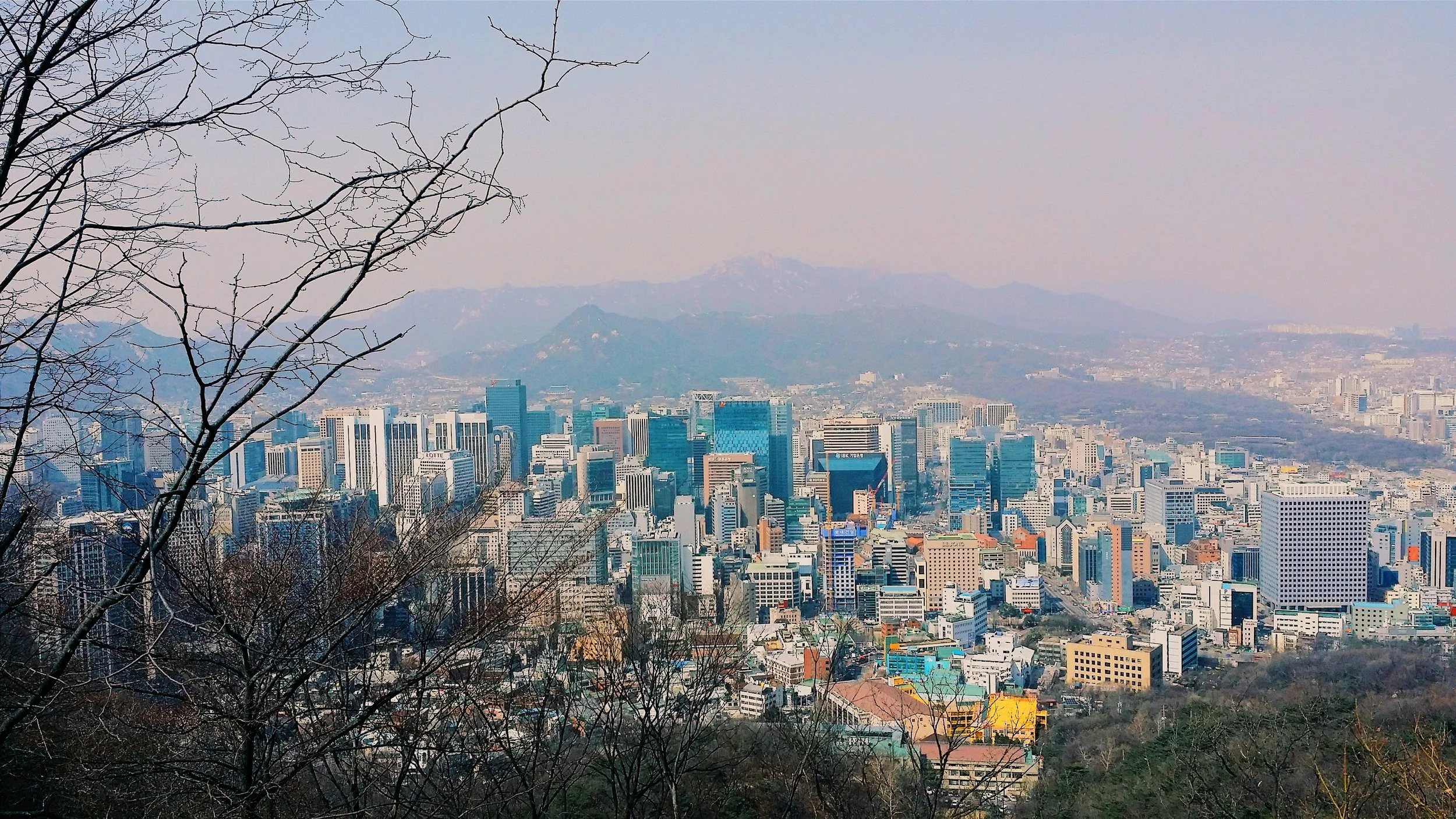Authoritarian Echoes: Martial Law Returns to South Korea
Kira Persson | 6 January 2025
Summary
In a sudden move on 3 December, South Korea’s President Yoon Suk Yeol declared martial law. The decision was widely condemned as an extreme response to political gridlock and plummeting approval ratings, falling below 20%. This marks the first time since South Korea’s transition to democracy that a sitting president declares martial law.
The National Assembly unanimously overturned martial law, showcasing the strength of South Korea’s democratic institutions. However, the crisis underscored deep political polarisation and governance challenges in one of Asia’s leading democracies.
On 14 December, the National Assembly successfully voted to impeach Yoon. The constitutional court now has six months to decide whether to remove Yoon from office. In the meantime, Prime Minister Han Duck-soo will be acting president.
On 3 December, President Yoon Suk Yeol of the conservative People Power Party (PPP) declared a short-lived but controversial martial law, accusing the opposition Democratic Party (DPK), which controls the National Assembly, of sedition, governance obstruction, and pro-North Korean sympathies. Military forces seized control of parliament, media, and public gatherings, raising fears of authoritarianism in a country that transitioned to democracy only in the 1980s. Troop deployment to the National Election Commission (NEC) sparked suspicions of an attempt to challenge the opposition’s landslide victory in the April 10 general election. Mass protests and swift parliamentary action overturned martial law within hours, reflecting South Korea's robust democratic institutions. However, the crisis exposed a precarious balance between democratic resilience, political discord, and tensions between executive authority and legislative power.
Yoon’s erratic declaration reflects South Korea’s entrenched political polarisation, where punitive politics and mutual distrust obstruct effective governance. Despite decades of remarkable economic and social success, the nation now grapples with economic stagnation, rising debt, and a rapidly ageing population. Income equality remains among the widest in industrial countries. Legislative gridlock exacerbates these issues, with Yoon having vetoed more opposition-backed bills than any previous president.
Since South Korea’s democratic transition, martial law has seemed unlikely due to strong democratic institutions and public resistance to authoritarian measures. While accusations of links to North Korea are a longstanding feature of South Korean politics, often wielded by the conservative right, Yoon’s decision to invoke martial law marked a dramatic escalation. Critics argue it was a calculated attempt to wrest control from the National Assembly. Though Yoon positions himself as a defender of democracy, his administration’s record—including corruption scandals, divisive anti-feminist rhetoric, and a confrontational leadership style— often undermines this claim, likely contributing to the party’s loss to the DPK in the 2024 elections.
Abroad, Yoon’s hawkish approach to North Korea and alignment with NATO have strengthened security ties with the US and Japan. However, these moves risk alienating China, South Korea’s largest trading partner. Conversely, a potential DPK-led administration would likely shift South Korea closer to China, easing regional tensions but straining critical security partnerships with Washington and Tokyo.
The swift reversal of martial law demonstrated South Korea’s democratic resilience, but the episode also exposed significant vulnerabilities in the country’s political system. Rooted in a turbulent political history yet bolstered by a vibrant democracy, public demonstrations remain a vital expression of collective dissent. However, without bold, bipartisan reforms to address political polarisation, economic stagnation, and demographic decline, South Korea faces the risk of prolonged instability. As Yoon’s presidency falters, the nation’s future hinges on bridging political divides, tackling domestic and international challenges, and resisting authoritarian impulses to protect its hard-won democratic progress.
Jenny Kim/Unsplash
Forecast
Short-term
Yoon’s political downfall appears imminent, but prolonged judicial proceedings could destabilise South Korea’s political climate, alienate investors, and exacerbate economic stagnation. There is an increased likelihood of continued protests and unrest. Further, Yoon’s decision will likely tarnish South Korea’s international standing, with concerns about domestic instability overshadowing the country’s strategic importance in East Asia.
Domestic political instability may hinder Seoul’s ability to respond decisively to foreign policy challenges, including the escalating North Korea threat and China’s growing assertiveness.
Medium-term
A DPK successor would likely prioritise closer ties with China and dialogue with North Korea, marking a return to traditional leftist priorities of diplomacy and economic cooperation. While potentially easing regional tensions, this risks strained relations with the US and Japan.
Bipartisan reforms are crucial to overcome economic challenges, demographic decline, and inequality. The declaration of martial law and subsequent turmoil weakened the South Korean won. Coupled with potential tariffs under the new Trump administration, South Korea faces significant economic uncertainty. Failure to act decisively could leave the nation vulnerable to prolonged stagnation.

